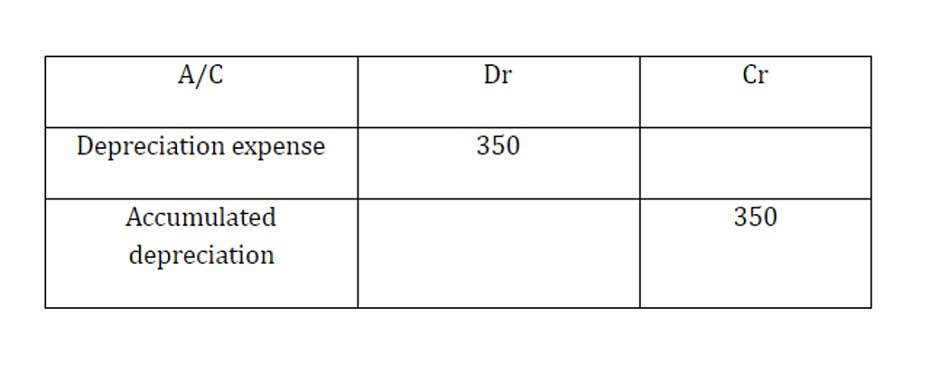
The accounting officer should make sure that their budget allocations are within the limits set by the financial officer and, if necessary, offer solutions. In order to identify potential problems before they arise, the financial officer should be aware of what the accounting officers are doing. Reams of articles have been written about the expanding role of the CFO, but few touch on the fact that when your boss assumes more responsibility, you share in those responsibilities. To support CFOs’ role as strategic business partners, our tasks have extended to building systems and processes to extract insights from the financial data on a project-by-project basis.
Also, working as a finance or risk management director at a previous company could count as experience. In many cases, they must also show that they have much real-world experience working in different accounting roles within an organization and in financial management. Candidates for the chief accounting officer (CAO) position must have at least five years of experience filling in for senior financial management at many different companies.
CAO Education Requirements
In-house controllers may not see the forest for the tree, missing opportunities to cut costs or amend business practices that may not be optimal. The best way to identify whether you need a CFO vs. a controller is to take into consideration what the roles and responsibilities are of each individual and how they are currently being met or not being met at your company. Controllers are accounting experts and should maintain adherence to the most recent Generally Accepted Accounting Principles (GAAP) and all relevant taxation regulations. This is a technical position that requires vigilance, attention to detail, and precision. An accounting officer, on the other hand, usually focuses on how money moves around within an organization. You were also very interested in the great opportunities for professional growth that a career as a Chief Accounting Officer gave you.
- This includes keeping an eye on what employees are doing and checking financial records for mistakes or things that don’t make sense.
- For example, they can figure out which projects will give a better return on investment than others when resources are limited.
- So, a controller has more of an overall financial management role, and the CAO is more focused on the accounting function.
- Data-driven reporting is helpful for strategic logistical purposes, like when a company is faced with an unexpected supply chain problem or economic downturn.
- A Controller is responsible for managing the company’s financial activities and accounts.
- Many have a Master of Business Administration (MBA) or another advanced degree in finance.
You must be proficient in accounting software, databases, and project management applications. It is essential to have excellent writing and verbal communication abilities, be at ease presenting presentations, and demonstrate leadership, patience, and organizing skills. Another important consideration when choosing between these two roles is budgetary constraints.
Developing and Implementing Financial Policies and Procedures
Controllers are employees in the accounting department who manage the finances of the organization. They are involved in the budget setting activity chief accounting officer vs controller at the start of the company’s fiscal year. Controllers are responsible for ensuring that all departments work within their respective budgets.
Chief Financial Officers identify business risks by looking at financial data and make appropriate decisions to mitigate those risks, among their many leadership functions. They have the responsibility of producing financial statements that guide the movement of the company forward. At a macro level, a controller’s responsibilities includes being a contributor to the strategic plan for growth, an implementer of strategy, an operator who maintains internal efficiency, and a steward of the business’s assets.
Controller vs CFO: 3 Key Differences
This includes developing gaps related to receivables reporting, payroll, quarterly financial reporting, or internal controls. Financial controllers are often the head financial position in charge of overseeing that historical, actual financial transactions are being reported properly. This may range across all finances departments including accounts payable, purchasing, vendor management, treasury, financial reporting, and financial planning. However, specific roles demand a master’s degree, professional experience with accounting, and industry-specific knowledge based on the business for which you work. If your business is smaller with less complex financial reporting requirements, then a controller may be the better fit. Controllers typically focus on day-to-day accounting tasks such as managing accounts payable and receivable, reconciling bank statements, and preparing financial reports.
- This includes developing and maintaining accounting policies and procedures to ensure accuracy and compliance.
- This can also happen when the accountant or CFO is too thinly stretched to offer the necessary business support.
- It’s important to assess your company’s current status along with future growth goals before making any staffing decisions.
- Overseeing both revenue and expense reporting, a controller often does not deal in theory.
- In this blog post, we’ll look at the similarities and differences between a financial officer and an accounting officer, including the education and certification requirements, responsibilities, and career paths of each.